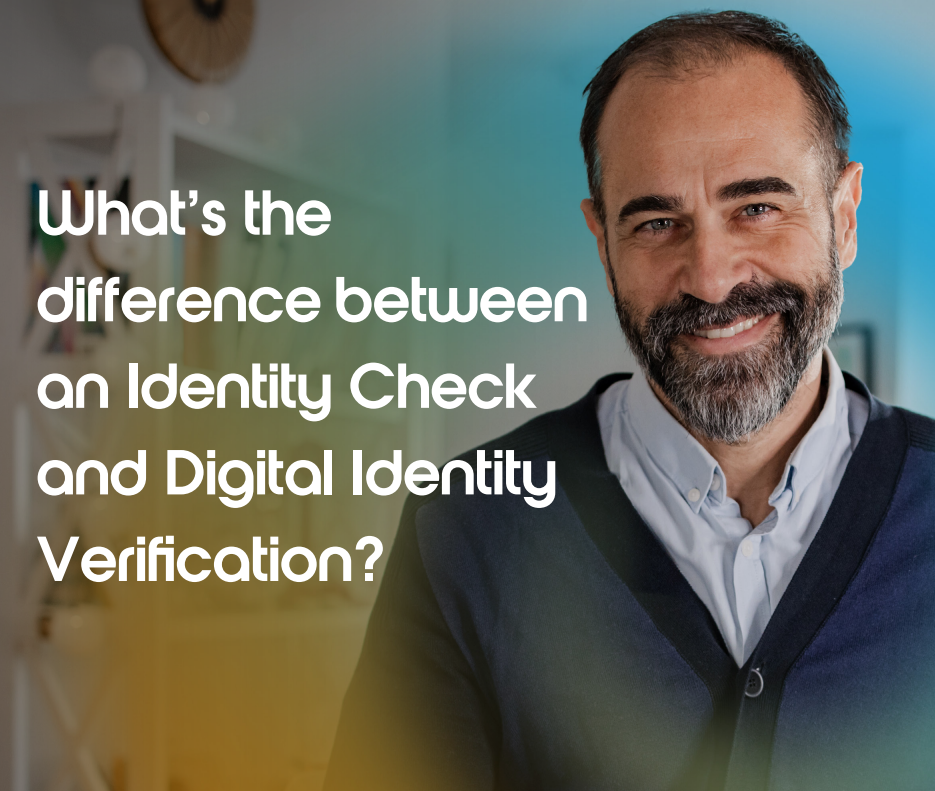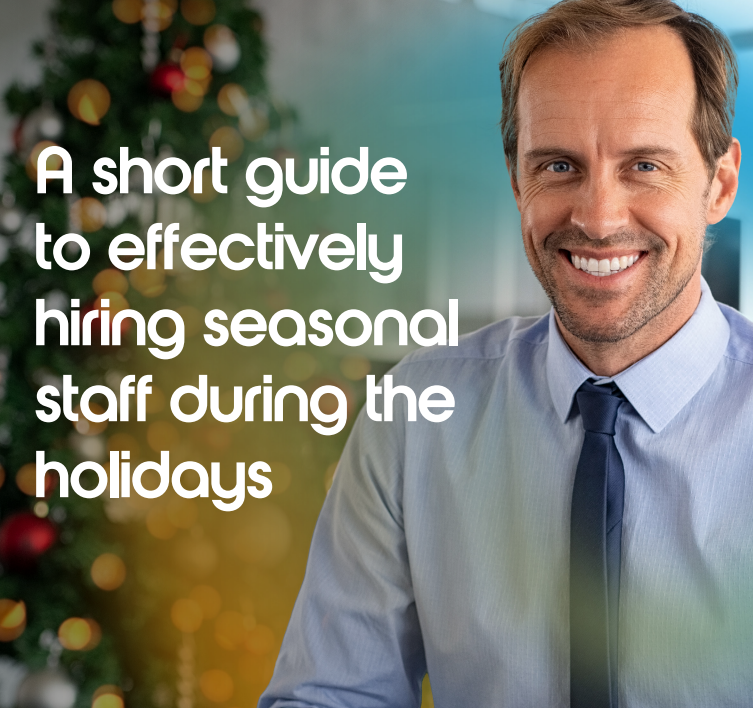Safeguarding in education, regardless of the type of school, is a vital part of ensuring the safety of children. This includes DBS Checks for independent schools.
If you’re unsure of the DBS Check eligibility of independent school staff, we’ve put together this short guide.
What is an independent school?
An independent school, also known as a private school, is a school that charges fees for attendance (instead of being funded by the government). They can also be funded by gifts and endowments.
In the UK, these types of school can include:
- Public schools
- Boarding schools
- Prep and pre-prep schools
- SEN schools
Independent schools are traditionally overseen by a board of governors and trustees (though some private schools may be run by their owner without a governing body).
All private schools must be registered with the government and are regularly inspected:
- Half of all independent schools are inspected by Ofsted
- Schools that form the Independent Schools Council are inspected by the Independent Schools Inspectorate
- Some other schools are inspected by the School Inspection Service
Please consult your school if you’re unsure which organisation is responsible for its inspection.
What DBS Checks are appropriate for independent schools
If employees are teaching, training, instructing, caring for or supervising children, they would be engaging in regulated activity and eligible for an Enhanced DBS Check with a children’s barred list check.
The children’s barred list is a list of people who have been barred from working with children. It’s an offence to employ someone to work in a school if they are on this list.
What is regulated activity?
Regulated activity refers to certain roles carried out by applicants in relation to children and vulnerable adults. It covers various types of activities which, by their nature, would entitle an individual to an Enhanced DBS Check with applicable barred lists.
In summary, a person will be engaging in regulated activity if they do any of the following as part of their role:
- Teach, train, instruct, care for or supervise children on a regular basis in a school
- Carry out paid, or unsupervised unpaid, work regularly in a school where that work provides an opportunity for contact with children
- Engage in intimate or personal care or overnight activity, even if this happens only once
Additionally, employees working at an independent school would be eligible for an Enhanced DBS Check as they are working in a limited range of establishment, otherwise known as a specified place.
These are locations where any individual working there meeting the required frequency of work is eligible for an Enhanced DBS Check. These include schools and nurseries. Employees need to be working at the following frequency to be considered eligible for a DBS Check under these conditions:
- Once a week or more often, or on 3 or more days in a 30-day period
- Overnight (2am-6am), with the opportunity for face to face contact with children
While this should cover the majority of staff at an independent school there are other checks that should be considered, such as a Section 128 Check.
What is a Section 128 Check?
A Section 128 Check checks the name of an applicant against anyone who has been barred from taking part in the management of an independent or maintained school. It can be requested as part of the DBS Check process.
A Section 128 Check can be carried out on anyone who is in a management position. This can include:
- Governors
- Trustees
- Other staff engaging in management positions
- Headteachers
- Teaching positions on the senior leadership team
- Teaching positions that carry a department headship
While SEN schools can still request the child and adult workforce barred list check, any Section 128 Check they request will only be applicable to the child workforce and barred list.
DBS Checks for independent schools – conclusion
We hope that this guide on DBS Checks for independent schools has been useful. You can apply for a number of DBS Checks through our simple online platform – most checks are completed within 48 hours.
Get in touch with us to find out more, or get started now.







